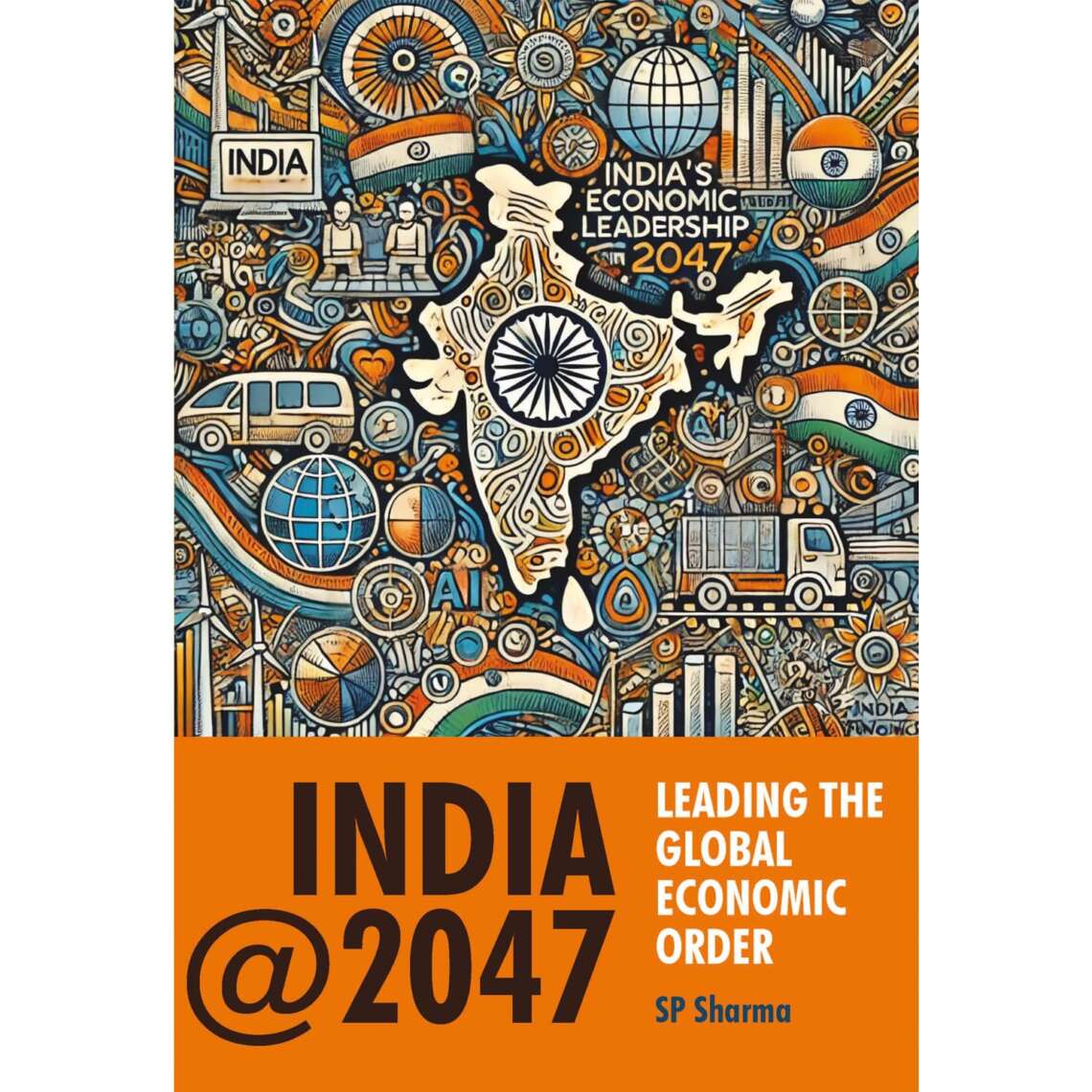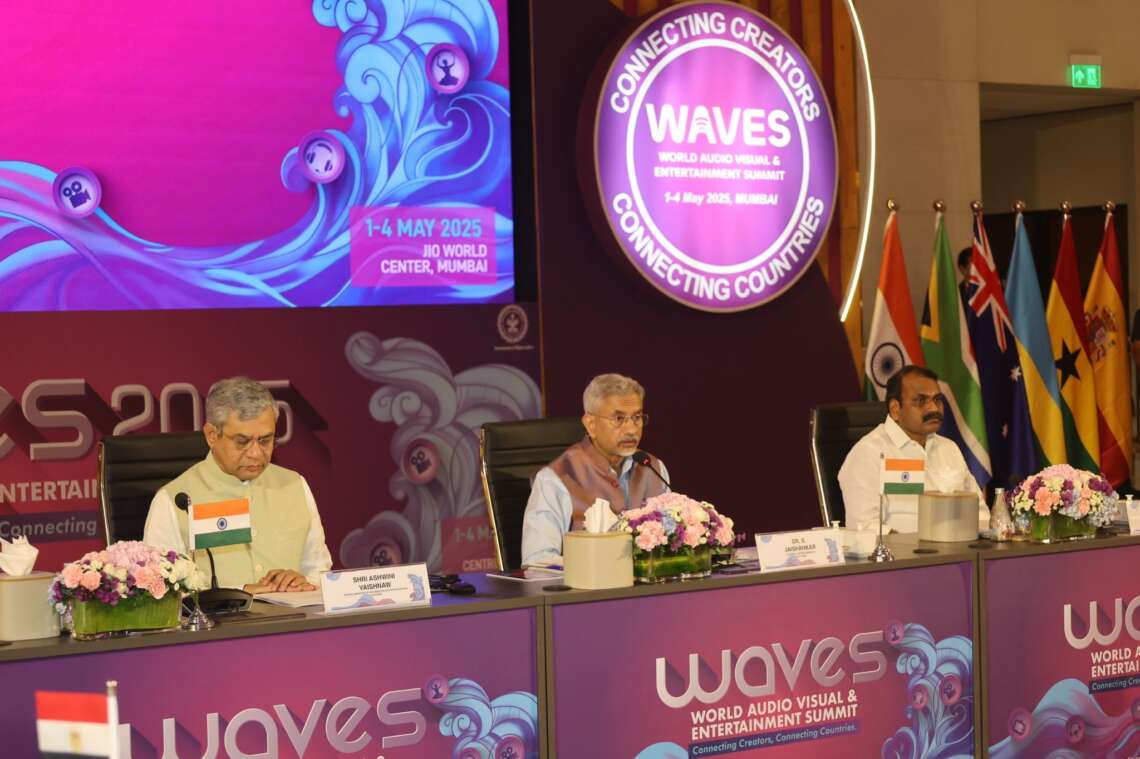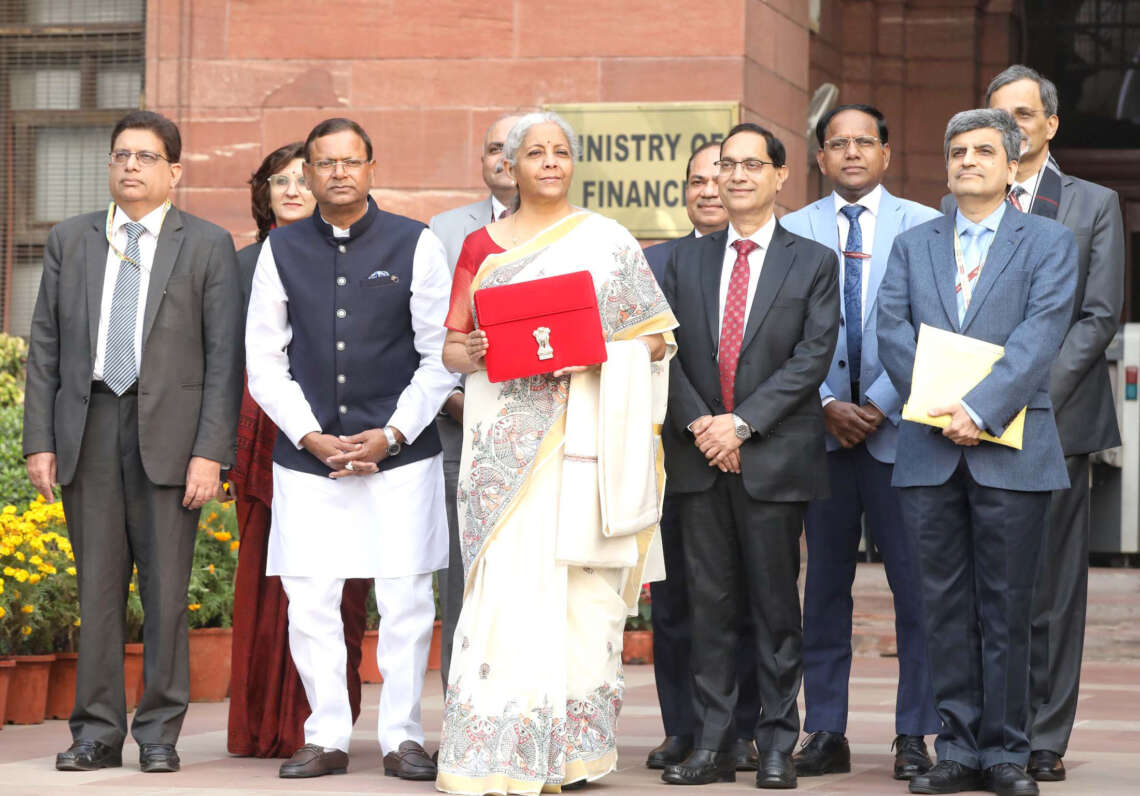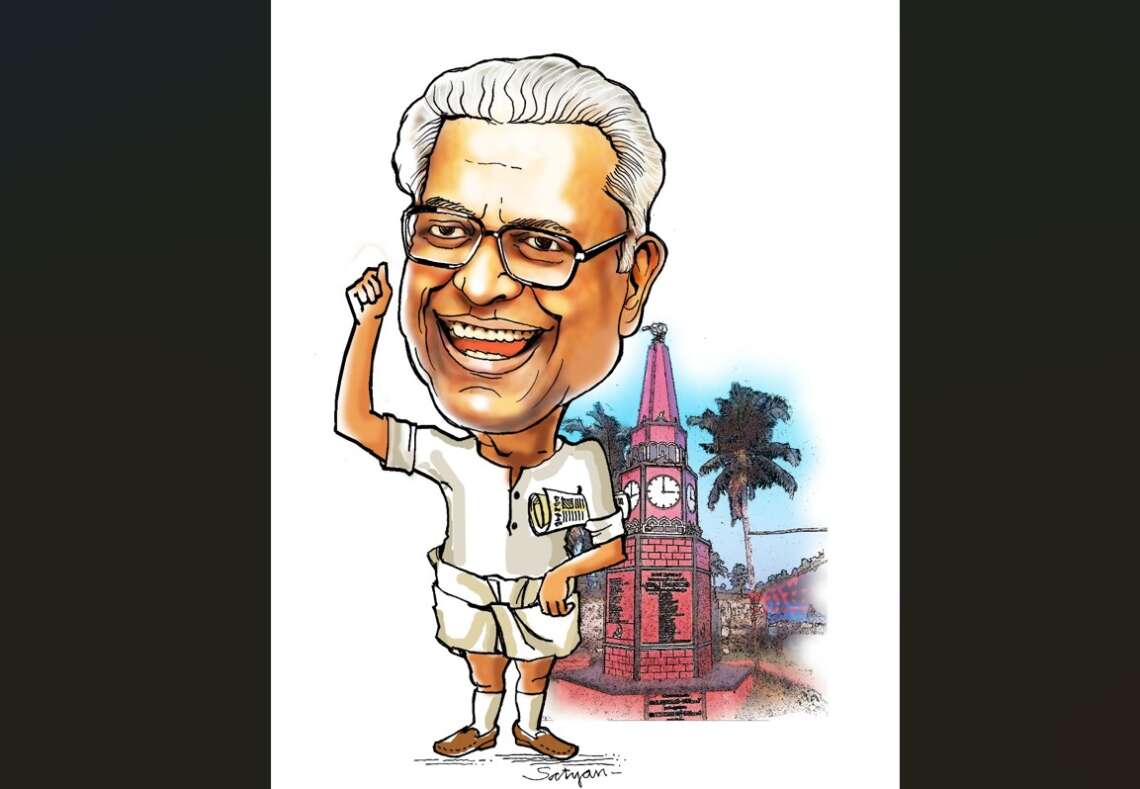According to the Global Startup Ecosystem Report 2023 by Startup Genome, San Francisco, USA, five Indian startup ecosystems have secured spots in the top 15 Asian ecosystem: Bengaluru-Karnataka; Kerala; Odisha; Tamil Nadu; and Telangana…writes Dr. Shabana Parvez, MD FACEP
“India@2047 – Leading the Global Economic Order” is the new book by Dr. S. P. Sharma, a distinguished Indian economist.[1] The book seeks to shed light on India’s trajectory of growth and its effort to strengthen its economic and socio-economic structures to meet the aspiration of becoming a global economic superpower by 2047. According to the author, the journey towards becoming a Viksit Bharat (“Developed India”) is strengthened by its resilience, adaptability, and commitment.
It is worth noting that, at the time of independence in 1947, India’s per capita GDP was $58 in purchasing power parity, expectancy at birth was 31 years, and literacy rates were 24 percent for men and eight percent for women. In 2024, these figures are estimated to be $11,942, 71 years, and literacy rates of 82 percent for men and 65 percent for women.
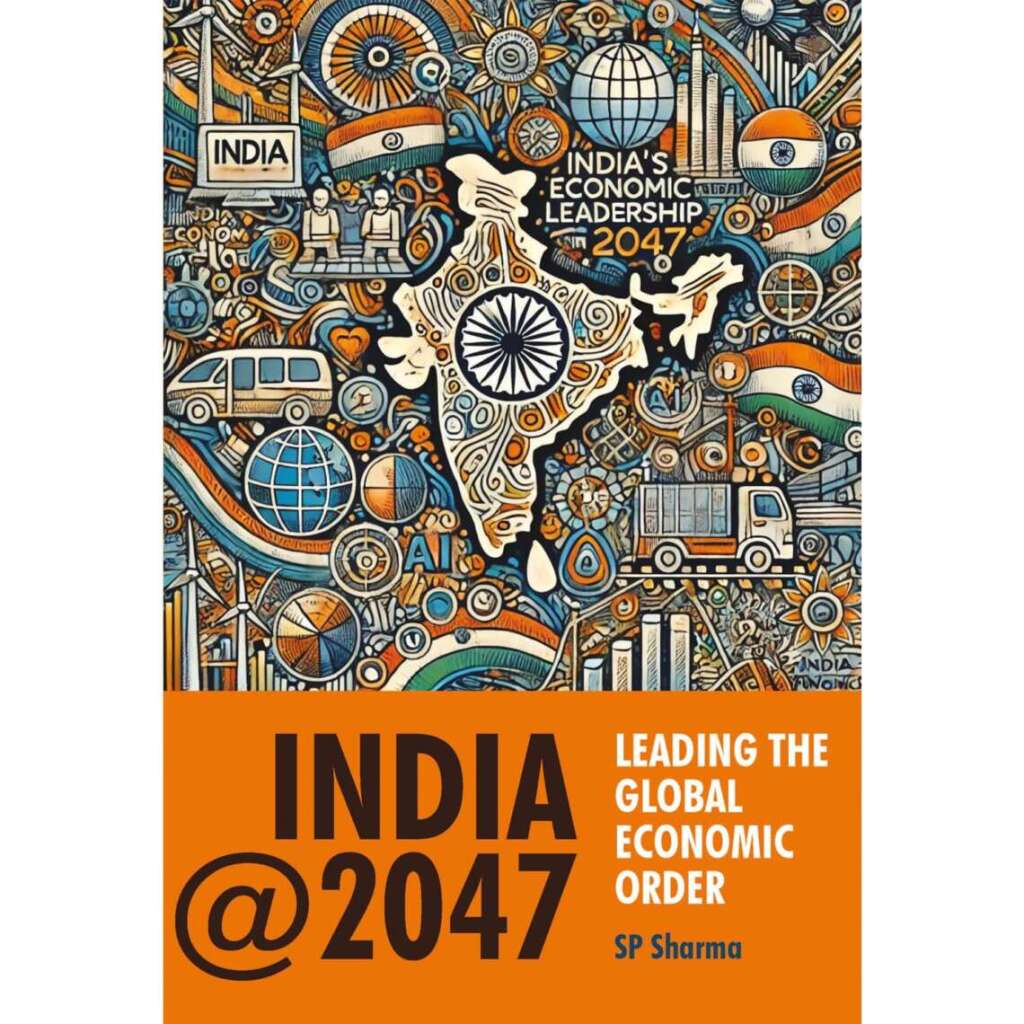
India’s startup ecosystem is inspiring innovation globally, demonstrating strong growth and success stories.[3] India ranks third in the world and second in Asia in terms of startup numbers. In South Asia, India leads with 17,254 startups, followed by Bangladesh, which has approximately 2,500, and Sri Lanka, which has approximately 748.
India’s startup landscape has experienced a sustained rise in recent years, propelling the nation from a nascent entrepreneurial ecosystem to a thriving hub of innovation and economic dynamism. This transformation, driven by technological advancements, government support, and entrepreneurial spirit, has positioned India at the forefront of the global startup ecosystem.
According to the Global Startup Ecosystem Report 2023 by Startup Genome, San Francisco, USA, five Indian startup ecosystems have secured spots in the top 15 Asian ecosystem: Bengaluru-Karnataka; Kerala; Odisha; Tamil Nadu; and Telangana.
These are followed by China, which has three startup ecosystems (Beijing, Shanghai, and Shenzhen); Japan, with two (Fukuoka and Tokyo); and Malaysia (Kuala Lumpur), Sri Lanka, Singapore, South Korea (Seoul), and the Philippines (Manila), each with one ecosystem on the list.
India’s startup ecosystem thrives on the energy and innovation of young, dynamic companies, typically less than ten years old. These enterprises have the potential to redefine industries, break away from traditional norms, and inject fresh ideas and business models into the economy… These emerging giants serve as the lifeblood of India’s rapidly evolving economic landscape.
Indian Government Support
The government’s ambitious “Startup India” initiative, launched in 2016, has played a transformative role in nurturing this dynamic business environment.[4] It has provided regulatory streamlining, financial incentives, and a culture of innovation, significantly catalyzing the growth of India’s startup ecosystem.
This scenario not only underscores the sheer scale of entrepreneurial activity within the country but also serves as a testament to the collaborative spirit that permeates the startup landscape. Entrepreneurs, investors, and policymakers have rallied together in their shared pursuit of propelling India’s economic engine forward, laying the groundwork for sustained growth and innovation… From technology to healthcare, finance to agriculture, Indian start-ups are at the forefront of meaningful transformation, lever-aging innovation to address pressing societal challenges and unlock new opportunities.
In essence, the Indian startup ecosystem is a testament to the nation’s boundless potential and entrepreneurial spirit. It embodies resilience in adversity, creativity in progress, and collaboration as the foundation of success. As India continues on its growth trajectory, the startup ecosystem will remain a key driver of economic dynamism, inspiring future generations and cementing India’s position as a global powerhouse of innovation and entrepreneurship.
The transformative impact of big data analytics is revolutionizing sectors such as healthcare, finance, and agriculture, introducing groundbreaking solutions and unprecedented efficiencies.
By harnessing the power of data, startups are driving innovation and addressing critical challenges, from enhancing patient care to optimizing financial transactions and improving agricultural practices. The advent of big data analytics signifies a fundamental shift in industry operations, underlining the pivotal role of startups in shaping meaningful change.
Similarly, crowdfunding platforms have emerged as a democratizing force, revolutionizing access to capital for aspiring entrepreneurs. These platforms empower individuals to rally support for their ventures, bypassing traditional funding barriers and unlocking new avenues for innovation.
By tapping into the collective power of the crowd, startups can bring their ideas to fruition, fueling a wave of entrepreneurship and economic growth. Crowdfunding exemplifies the democratization of finance, offering opportunities to individuals from diverse backgrounds to pursue their entrepreneurial dreams and contribute to India’s thriving startup ecosystem.
As these startups continue to push boundaries, they serve as catalysts for progress, driving economic growth and reshaping industries. In a rapidly evolving landscape, characterized by technological advancements and shifting consumer preferences, India’s startups stand poised to lead the charge towards a brighter, more inclusive future. By embracing shared ownership models and collaborative consumption, these startups are redefining consumer behavior and promoting sustainable practices in the process.
The government has played a significant role in this extraordinary startup journey. The 2016 Startup Action Plan (SAP) served as a crucial catalyst, identifying key areas of support for startups.[5] From simplifying company registration to offering incubation facilities and seed funding, the SAP has played a pivotal role in creating fertile ground for entrepreneurial success. This proactive approach has propelled India to the forefront of the global startup scene, attracting international investors and reinforcing the nation’s commitment to fostering innovation.
In the interim budget of India for 2024-25, the extension of tax benefits to startups until March 31, 2025 marks another positive step for India’s startup ecosystem. This measure provides startups with a stable and supportive environment, facilitating innovation and sustained growth. The extended tax benefits offer financial relief to startups during their formative years, enabling them to allocate resources strategically. Concurrently, the prolonged investment timeline provides startups with a greater opportunity to secure funding, contributing to their long-term viability.
These initiatives collectively underline the government’s commitment to nurturing a conducive ecosystem for startups, positioning them as key drivers of economic innovation and development.
The Impact Of India’s Startups On The Global Economy
The future of India’s startup ecosystem is brimming with potential. Continued government support, coupled with investments in talent development, infrastructure upgrades, and policy streamlining, will pave the way for sustained growth and global competitiveness. Fostering collaboration between startups, established businesses, and academia will further accelerate innovation and ensure that India’s entrepreneurial spirit continues to flourish. As the world watches with growing anticipation, India’s startup ecosystem is poised to redefine economic development, not just for the nation, but for the global economy. India’s remarkable startup ecosystem is not only generating employment opportunities and driving economic growth but is also solidifying its status as a global hub of innovation. The proliferation of startups across multiple sectors showcases India’s adaptability and its ability to leverage emerging technologies for progress. From artificial intelligence to renewable energy, Indian startups are pioneering solutions to some of the world’s most pressing challenges, demonstrating the trans-formative power of human ingenuity.
In conclusion, India’s startup journey has the potential to inspire entrepreneurs worldwide, serving as a beacon of hope and innovation in an increasingly uncertain world. As the world watches with anticipation, India stands poised to chart a new course, characterized by innovation, inclusivity, and sustainable growth. By harnessing the collective potential of its diverse talent pool and leveraging emerging technologies, India has the opportunity to carve out a unique position on the global stage, driving progress and prosperity for generations to come.


